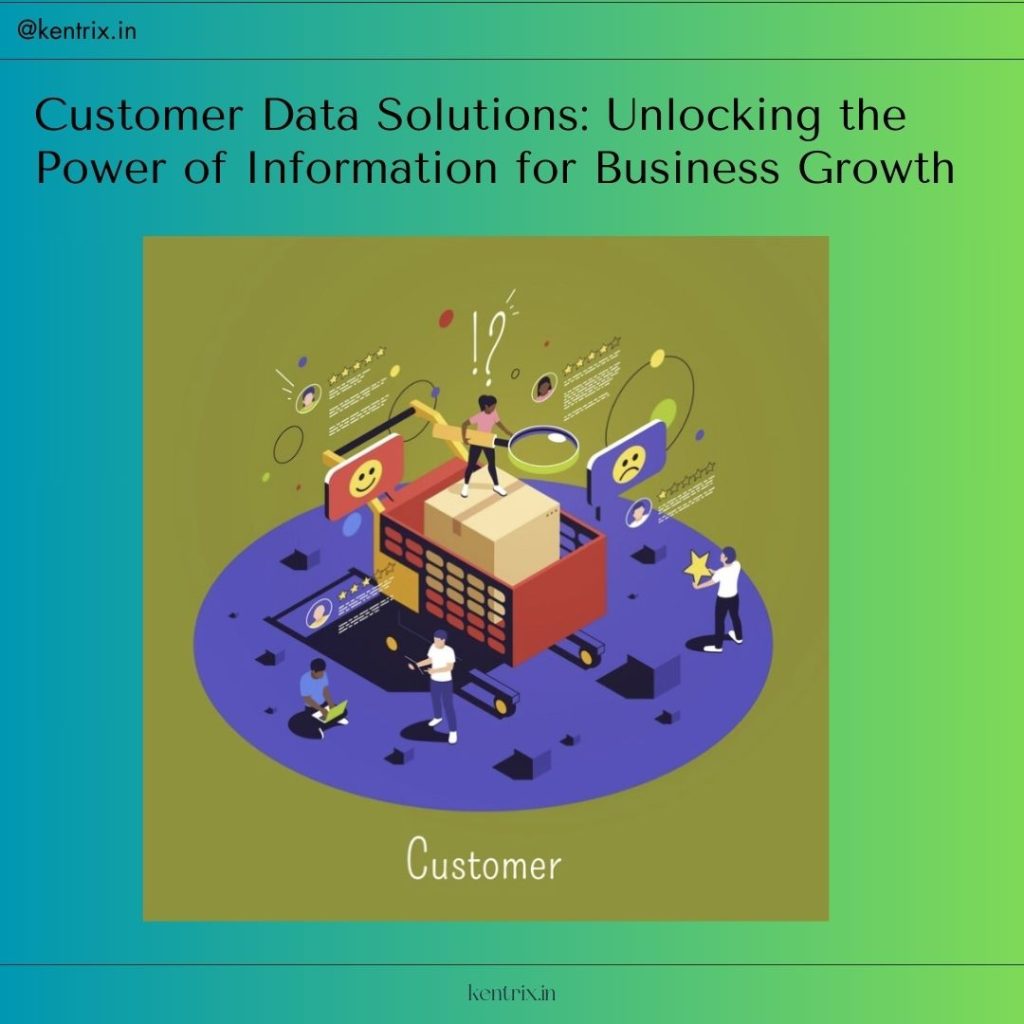Introduction
In today’s highly competitive business environment, understanding your customers is no longer a luxury, it’s a necessity. This is where customer data solutions come into play. But what exactly are customer data solutions, and why are they so vital for your business?

What Are Customer Data Solutions?
Customer data solutions encompass the tools, strategies, and technologies that businesses use to collect, manage, analyze, and utilize customer data. These solutions are designed to facilitate businesses get better insights into customer behavior, individual preferences, and needs, facilitating them to create more personalized and effective marketing strategies.
Importance of Customer Data in Today’s Market
In today’s digital age, data is the new oil. Just as oil fueled the industrial revolution, data is driving the current digital revolution. Businesses that effectively harness customer data are in a stronger position to outmanoeuvre competitors, improve customer experiences, and drive growth.
Understanding the Basics of Customer Data
Types of Customer Data
Customer data can be categorized into four main types:
- Demographic Data: Information like age, gender, income, and occupation.
- Behavioral Data: Data on how customers interact with your business, such as purchase history, website visits, and email opens.
- Transactional Data: Records of transactions made by customers, including purchase amounts and payment methods.
- Psychographic Data: Insights into customer lifestyles, values, and interests.
How Is Customer Data Collected?
Customer data is collected through various channels, including:
- Web Analytics Tools: Tracking user behavior on websites and apps.
- Surveys and Feedback Forms: Direct input from customers about their preferences and experiences.
- Social Media Monitoring: Analyzing customer interactions and mentions on social platforms.
- Point of Sale (POS) Systems: Capturing data at the time of purchase.
Why Customer Data Solutions Matter
Enhancing Customer Experience
Customer data solutions allow businesses to tailor their offerings to meet individual customer needs. By analyzing data, companies can provide personalized recommendations, offers, and communications, leading to a more satisfying customer experience.
Driving Targeted Marketing Campaigns
With accurate customer data, businesses can segment their audience and create highly targeted marketing campaigns. This approach not only improves conversion rates but also maximizes the return on investment (ROI) from marketing efforts.
Also Read: How to Use Geospatial Data for Market Analysis
Key Components of Customer Data Solutions
Data Collection Tools
Effective customer data solutions begin with robust data collection tools. These tools gather information from various sources, ensuring that businesses have access to comprehensive and accurate customer data.
Data Management Platforms (DMPs)
A Data Management Platform (DMP) is a central system that manages and analyzes customer data. DMPs help businesses organize data, making it easier to segment audiences and personalize marketing efforts.
Customer Relationship Management (CRM) Systems
CRM systems are essential for storing and managing customer interactions and information. These systems enable businesses to track customer journeys, manage relationships, and improve customer retention.
Data Analytics and Visualization Tools
Data analytics tools help businesses make sense of the vast amounts of data they collect. By data visualization, companies can identify trends, patterns, and insights that enable them to take informed strategic decisions.
Data Privacy and Compliance
Understanding GDPR and Other Regulations
With the rise of data breaches and privacy concerns, governments have introduced regulations like the General Data Protection Regulation (GDPR) to protect consumers. Businesses must ensure that their data solutions comply with these regulations to avoid hefty fines and damage to their reputation.
Ensuring Customer Data Security
Protecting customer data is not just about compliance—it’s also about building trust. Businesses must implement robust security measures, such as encryption and access controls, to safeguard customer information.
Best Practices for Implementing Customer Data Solutions
Choosing the Right Tools for Your Business
Not all customer data solutions are created equal. It’s crucial to select tools that align with your business needs, budget, and existing systems.
Integrating Data Across Channels
For a complete view of the customer, data from various channels (e.g., online, offline, social media) must be integrated. This ensures that businesses have a complete understanding of customer behavior.
Training Your Team on Data Handling and Analysis
A data solution is only as effective as the team using it. Invest in training to ensure your staff can effectively manage, analyze, and utilize customer data.
How Customer Data Solutions Improve Business Performance
Personalization and Customization of Services
By leveraging customer data, businesses can offer personalized experiences that cater to individual preferences, leading to higher customer satisfaction and loyalty.
Optimizing Sales Funnels
Customer data solutions help businesses identify bottlenecks in their sales funnels, allowing them to optimize the customer journey and increase conversion rates.
Enhancing Customer Retention Rates
Understanding customer behavior and preferences enables businesses to proactively address issues, provide relevant offers, and enhance overall satisfaction, thereby improving retention rates.
Case Studies: Successful Implementation of Customer Data Solutions
Example 1: Retail Industry
A leading retailer used customer data solutions to analyze shopping patterns, resulting in more personalized product recommendations and a 15% increase in sales.
Example 2: E-commerce Sector
An e-commerce company implemented a CRM system to track customer interactions, leading to a 20% improvement in customer retention through targeted email campaigns.
Example 3: B2B Companies
A B2B company utilized data analytics tools to identify key trends among its clients, enabling them to offer customized solutions and improve client satisfaction.
Common Challenges in Customer Data Management
Data Silos
When data is stored in separate systems, it can lead to inconsistencies and a fragmented view of the customer. Integrating data across all channels is essential for a holistic approach.
Ensuring Data Accuracy
Inaccurate data can lead to poor decision-making. Regular data cleansing and validation are necessary to maintain data quality.
Balancing Personalization with Privacy
A perfect balance is essential and should be maintained between Personalization and Privacy . Businesses should maintain transparency about how the customer data is being used and also no data should be shared without obtaining customer’s consent.

The Future of Customer Data Solutions
AI and Machine Learning in Data Solutions
Artificial Intelligence (AI) and Machine Learning (ML) are revolutionizing customer data solutions by automating data analysis and providing predictive insights that drive more informed business decisions.
The Role of Predictive Analytics
Predictive analytics uses historical data to forecast future trends, enabling businesses to anticipate customer needs and stay ahead of the competition.
Also Read: Why Your Business Needs a Reliable Consumer Data Provider Now
Conclusion
Customer data solutions are a powerful tool for businesses looking to gain a competitive edge. By effectively collecting, managing, and analyzing customer data, companies can enhance customer experiences, drive targeted marketing efforts, and ultimately, achieve sustained growth. Investing in the right tools and practices will ensure that your business remains agile and customer-focused in an ever-evolving market.


